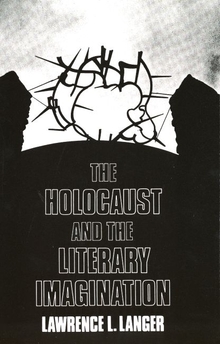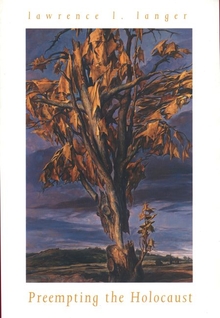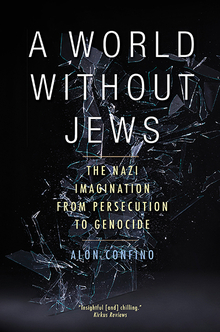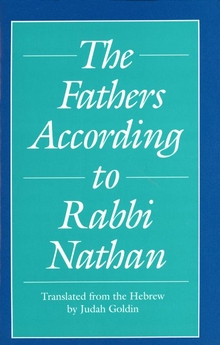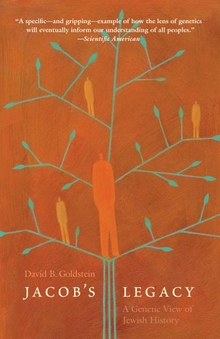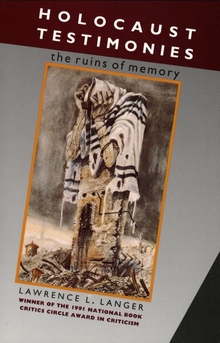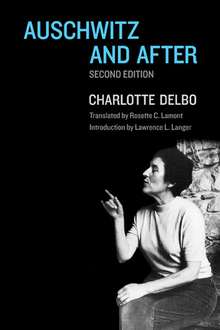The Holocaust and the Literary Imagination
WARNING
You are viewing an older version of the Yalebooks website. Please visit out new website with more updated information and a better user experience: https://www.yalebooks.com
Lawrence L. Langer
The immense service that Langer’s careful, thoughtful, immensely intelligent and restrained study renders is that the esthetics of atrocity cease to be an exclusive domain of the victims. Many of his writers are not Jewish and several were not imprisoned or interned, and yet all of them have been driven by the death-camp universe. The atrocity of that time and the atrocities that have succeeded Auschwitz represent a continuity that may almost be called a new tradition, one in which the phantasmagoric and horrific is real and the gentle and generous a prodigy to be remarked with amazement.
“The Holocaust and the Literary Imagination is a pioneering work of criticism for it impels us, readers and writers alike, to inquire after the basic paradox: how can literature delight and transfix or warn and modify a humanity from whom nothing is hidden, nothing prohibited, for whom nothing is shocking or unreal.” –Arthur A. Cohen, New York Times Book Review
“A stimulating, perceptive study of the literature of the Holocaust…. Langer’s examination of possible stylistic approaches to the subject, from the delicate whimsy of Aichinger to the graphic bestiality of Kosinski’s The Painted Bird is in each case detailed and subtle.” –The New Republic
“The Holocaust and the Literary Imagination is a pioneering work of criticism for it impels us, readers and writers alike, to inquire after the basic paradox: how can literature delight and transfix or warn and modify a humanity from whom nothing is hidden, nothing prohibited, for whom nothing is shocking or unreal.” –Arthur A. Cohen, New York Times Book Review
“A stimulating, perceptive study of the literature of the Holocaust…. Langer’s examination of possible stylistic approaches to the subject, from the delicate whimsy of Aichinger to the graphic bestiality of Kosinski’s The Painted Bird is in each case detailed and subtle.” –The New Republic
"This critical study of devastating prose and poetry written by both Jewish and Gentile Europeans, victims and spectators of the Nazi era, examines an entire genre, 'the literature of atrocity.' . . . As an outstanding piece of scholarship, this book also fills a need, but it is terrifying, heart-breaking reading."—Library Journal
"Langer not only deals courageously and with minimum possible pretentiousness with basic issues, in general terms, but also goes on for what constitutes by far the largest part of his book to produce unpretentious guidance to a huge mass of literature. . . . And so we have fine, perceptive analyses of books, mainly novels, that have attempted to come to grips with ultimate horrors."—New Society
"The Holocaust and the Literary Imagination is a pioneering work of criticism for it impels us, readers and writers alike, to inquire after the basic paradox: how can literature delight and transfix or warn and modify a humanity from whom nothing is hidden, nothing prohibited, for whom nothing is shocking or unreal."—Arthur A. Cohen, New York Times Book Review
"In The Holocaust and the Literary Imagination, Lawrence L. Langer . . . focuses on the special problem of the writer who seeks to span that abyss and somehow communicate the reality of the Holocaust to a world in which 'some vital link joining normalcy and horror has dissolved,' . . . meticulously examining the idiom and style that each devised. Langer offers new and important insights into the very process of communicating their vision of l'univers concentrationnaire, a world of irrationality, unreality, and horror that seems to exceed the limits of language and art."—Midstream
"In an exceptionally well written book, the author interprets the efforts of literary artists to shape the reality of the Holocaust and to make it imaginatively accessible. . . . The finest work of criticism yet to appear on the subject."—Journal of the American Academy of Religion
"Lawrence Langer's study of literature concerned with Nazi genocide [is] a detailed, fiercely compassionate account of some of the most powerful texts to have emerged from that historical moment."—Terry Eagleton, The Modern Language Review
"Langer's book is admirably structured and lucidly written. . . . His analyses are as sound as they are searching, and his impressive breadth of knowledge permits him to range easily from Dostoevsky and Camus to Faulkner and Robert Penn Warren. . . . Surely his book will long remain a standard literary guide to that new planet called Auschwitz."—Harry Zohn, Journal of English and Germanic Philology
"Mr. Langer believes that the Holocaust has created a new kind of literature and has, indeed, forced us to redefine 'traditional' (and even 'modern') conceptions of theme, character, and structure [His] argument is complex, ingenious, and subtle. . . . He compels us to observe illuminating details of dislocation, juxtaposition, and inversion in literary structures and human lives. He is a brilliant investigator and brave man."—Western Humanities Review
"Langer seeks the particular strategies whereby the fifteen authors he treats draw the reader into the nightmarish landscapes, force him to give over his customary sense of life's logic and to adopt instead the illogic of death. . . . One must pay tribute to the spiritual courage it must have taken for Langer to write such an essay. To read any one of the works Langer treats is a soul-shattering experience; to have studied and analyzed the dozens of poems and narratives here discussed would be beyond this reviewer's powers."—David H. Richter, Contemporary Literature
"Langer's book, The Holocaust and the Literary Imagination, is itself not only a pioneering study of Holocaust literature; because of its literary acumen, psychological insight, and moral commitment, it is an exemplary work of literary criticism as well."—Frederick G. Peters, The Germanic Review
"An important book: . . . [Langer's] observations in the imagination of George Steiner, . . . a whole generation of German writers, . . . Schwarz, and many others in respect to the Holocaust are perceptive. . . . [He] is an excellent comparativist; his range is wide, and he can be trusted to use impeccable literature scholarship. . . . Suitable for all libraries."—Choice
"How children and adults, laypersons and professional authors, were traumatized and transformed by the experience of Holocaust; generous samples of literary make this a stunner."—Christian Century
"Langer's calm dignity and abiding knowledge, then, single this book out as a neccessary one for people who want to understand an important frame of mind within a European community—including Jews and Gentiles alike—that feels itself both burdened and released by history."—Miami Herald
"In this stimulating, perceptive study of the literature of the Holocaust . . . Langer seeks to formulate an 'aesthetics of atrocity.' . . . Langer's examination of possible stylistic approaches to the subject, from the delicate whimsy of Aichinger to the graphic bestiality of Kosinki's The Painted Bird is in each case detailed and subtle."—New Republic
ISBN: 9780300021219
Publication Date: September 10, 1977
Publication Date: September 10, 1977
316 pages, 6 x 9

